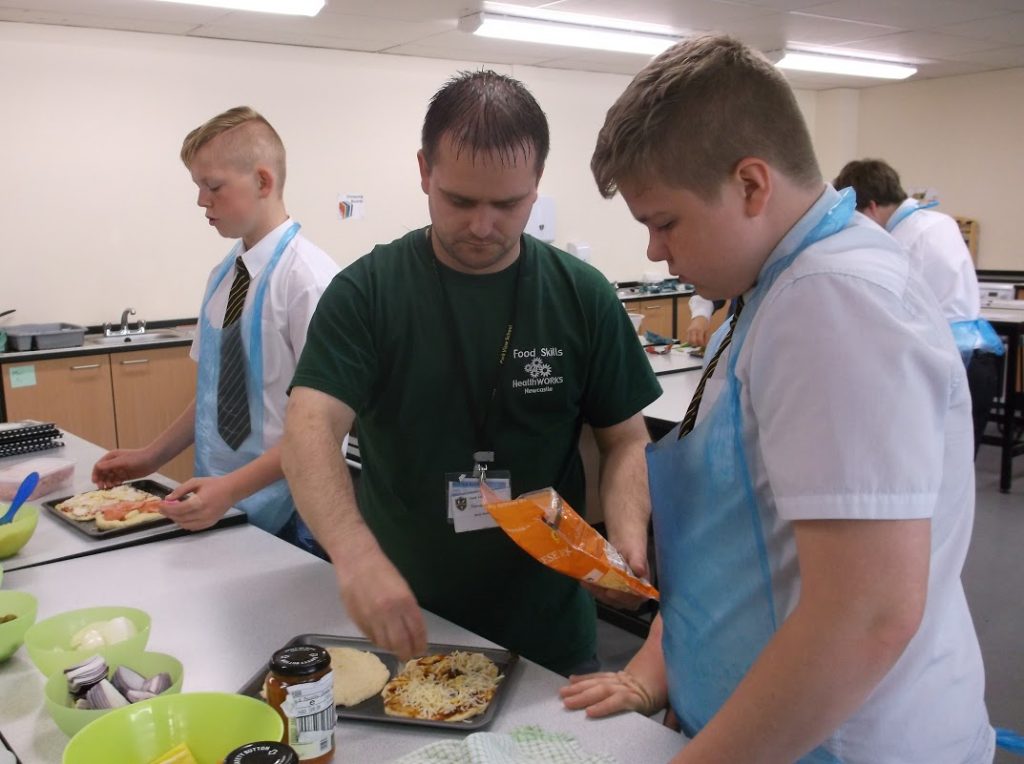Alea iacta est, the die is cast! With 5am last Friday morning it was obvious that a majority (51.9%) of the UK electorate had voted for BREXIT. By lunchtime it was clear what BREXIT means for the leadership of the country as well as the conservative party: change. Change is approached differently by all of us, some of us are anxious and some are embracing change and try to see the opportunities change will bring. However, considering BREXIT there are so many unknowns; some of us might still be hoping that the European Union might offer the new prime minister a better REMAIN deal, an option that has been particularly featured in some of the German speaking press. We won’t know immediately what this change called “BREXIT” means. We have entered a period of waiting, and a period of leadership discussion. The optimist in me is looking forward to a more factual, scientific and less emotional debate in preparing for the negotiations with the EU when the UK government finally decides to invoke Article 50 of the Lisbon Treaty.
Considering these future negotiations, education, without doubt, might not be on the highest of the agenda. Chris Husbands opened his BERA blog last week with the words that the EU referendum “has nothing to do with education – certainly not with schools”. In the course of his blog, Husbands makes a strong argument why the referendum does actually have to do with education but doesn’t refer back to schools. As an educator, teacher trainer and someone who has been working on teacher supply policy over the past five years, I would argue that BREXIT is likely to have quite a bit of an impact on our schools.
Teacher supply, and the lack of it in some subjects, has been part of the education debate in this country for at least 20 years. Through the freedom of movement arrangements within the European Union it has been possible for the Department for Education to rely on teachers from European countries to fill some of these vacant posts. In fact, we even welcomed them by accepting their European teacher qualifications and attributed them the status of “Qualified Teacher”.
These teachers are not just a solution to the staffing problem but they are also an invaluable asset to the school and its community; they bring a new perspective, new culture, new approaches and often alternative ways of working and thinking to the community. At a time where ‘otherness’ is leading to anxiety and fear in our society, it is our moral responsibility as educators and policy makers to ensure that our learners are actively engaging with people from different nations, cultures and customs. Yes, one might argue that this might not be of such an importance when we have disconnected ourselves from the European Union, I would argue that it will be much more important, as we won’t be automatically part of it. We will have to negotiate partnerships for ourselves rather than being part of a European Union scheme, such as Comenius or Erasmus+.
Erasmus+, and previously Comenius, have enabled school leaders to have access to additional funds to motivate, engage and most importantly develop their young learners as well as accomplish innovative school improvement initiatives. One headteacher reported to me that he received over €490k by applying successfully to different EU schemes over an eight-year period.
And then there are those educational activities that I would argue are vital for a child’s development, i.e. trips and exchange programmes to European Union countries. Yes, some might argue school trips in recent years have declined anyway – but this is not due to the European Union, this is a purely UK self-inflicted decrease by constantly increasing the red tape and highlighting the risks rather than the opportunities of such mobility programmes. Practical schemes such as the European Health Insurance Card (EHIC) have not just reduced the costs of international trips but ensured that our pupils and teachers are able to access adequate medical care while travelling within the EU zone.
All these are examples of how the UK has benefitted from being part of the European Union. Yes, the die is cast! However, this does not mean that all is lost for the country, its partnership with the European Union as well as for education and schools more specifically. It is now essential that we all, politicians, experts, embassy representatives, school and business leaders, unions, subject associations and parents work closely together to identify ways forward in a partnership with the European Union in order to ensure that this BREXIT referendum outcome does not negatively affect our next generation – a generation that would have so much more wished to be part of a united Europe than a potentially isolated and de-united (Great) Britain.
Taken from BERA
References:
Husbands, Chris (2016): Yesterdays and tomorrows: what the referendum says about education. BERA Blog, Wednesday, 22 June 2016https://www.bera.ac.uk/blog/yesterdays-and-tomorrows-what-the-referendum-says-about-education









